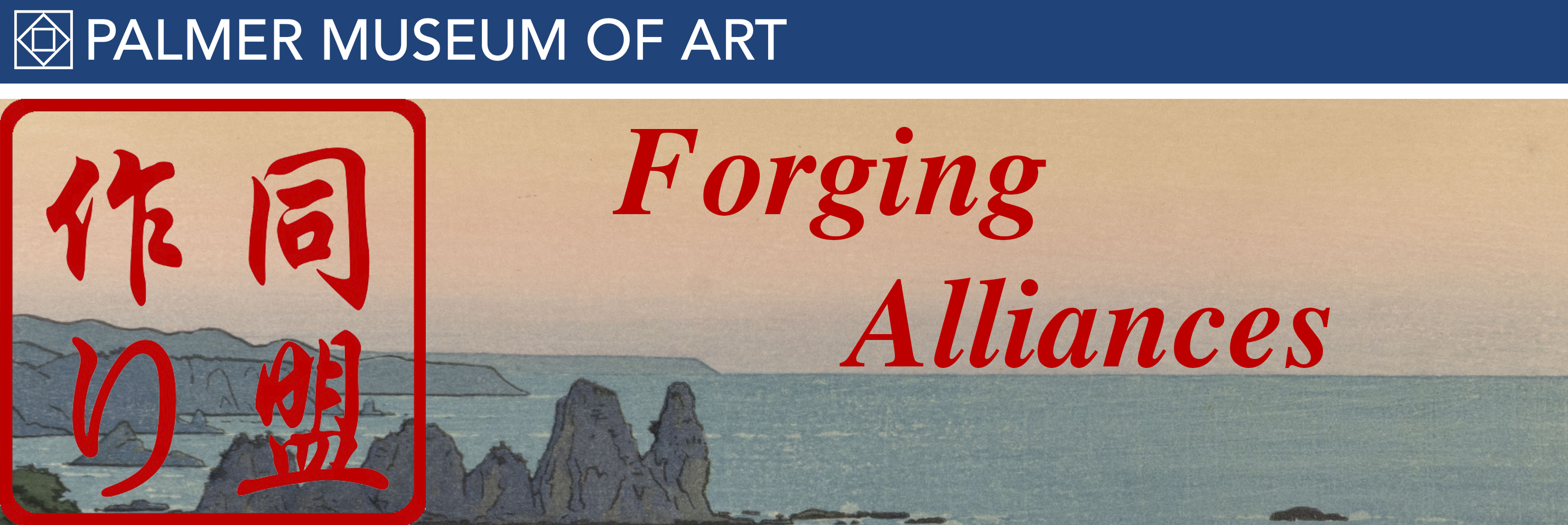Zen and the Art of Pottery
Item
Title
Zen and the Art of Pottery
Creator
Kenneth R. Beittel
American, 1922–2003
American, 1922–2003
Date
1989
Description
Published by John Weatherhill, Tokyo and New York.
Harrisburg native and Penn State professor of art education Kenneth Beittel built this region’s first stoneware kiln in 1954 (this kiln, along with another one constructed by Beittel, was located where the White Building now stands). During his time as a professor and continuing after his retirement in 1984, Beittel developed classes and programs dedicated to providing students and community members with opportunities to learn about and practice the art of pottery at Penn State and at his studio in Shingletown.
In 1967, Beittel used a sabbatical year to study pottery in Japan. Ed Mattil, who headed Penn State’s Art Education program during much Beittel’s thirty-five year career, said of him, “Like every outstanding teacher, he was always an eager learner.” In a memoir, Beittel explained that in Japan, “I was exposed to the Zen attitudinal commitment and spirit. I learned methods that were echoes of discoveries centuries old from China and Korea. And I developed a view of planetary tradition as my own contribution: How by standing within a local tradition one is readied for an inter-traditional view. I see now as well that it is by standing within a local religious tradition that one is grounded and able to engage in planetary inter-spirituality, one of the great needs of our time. There is one summit with many paths.”
Zen and the Art of Pottery details Beittel’s experiences as a potter while providing a history of Japanese pottery making, its relationship to the world of Zen and its role in the “Great Tradition” of pottery making. The book, like Beittel’s career, is both a poetic celebration of pottery making and a means of teaching even the most inexperienced student how to create his or her own pottery.
Harrisburg native and Penn State professor of art education Kenneth Beittel built this region’s first stoneware kiln in 1954 (this kiln, along with another one constructed by Beittel, was located where the White Building now stands). During his time as a professor and continuing after his retirement in 1984, Beittel developed classes and programs dedicated to providing students and community members with opportunities to learn about and practice the art of pottery at Penn State and at his studio in Shingletown.
In 1967, Beittel used a sabbatical year to study pottery in Japan. Ed Mattil, who headed Penn State’s Art Education program during much Beittel’s thirty-five year career, said of him, “Like every outstanding teacher, he was always an eager learner.” In a memoir, Beittel explained that in Japan, “I was exposed to the Zen attitudinal commitment and spirit. I learned methods that were echoes of discoveries centuries old from China and Korea. And I developed a view of planetary tradition as my own contribution: How by standing within a local tradition one is readied for an inter-traditional view. I see now as well that it is by standing within a local religious tradition that one is grounded and able to engage in planetary inter-spirituality, one of the great needs of our time. There is one summit with many paths.”
Zen and the Art of Pottery details Beittel’s experiences as a potter while providing a history of Japanese pottery making, its relationship to the world of Zen and its role in the “Great Tradition” of pottery making. The book, like Beittel’s career, is both a poetic celebration of pottery making and a means of teaching even the most inexperienced student how to create his or her own pottery.
Source
Palmer Museum of Art, The Pennsylvania State University
Rights
This image is posted publicly for non-profit educational uses, excluding printed publication. Other uses are not permitted.

